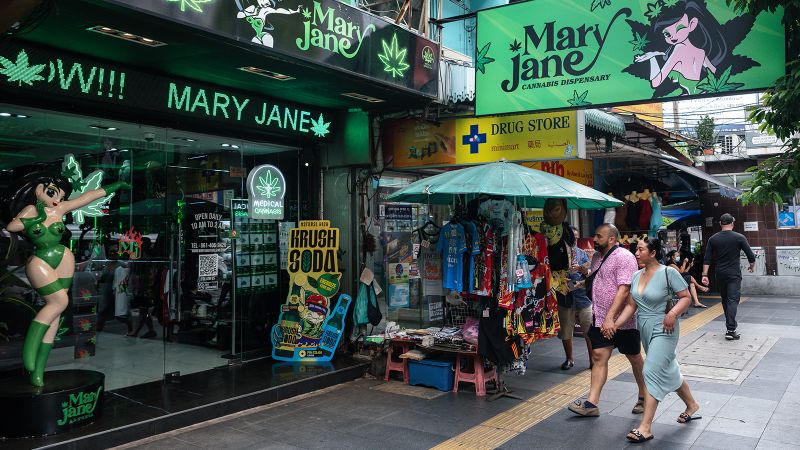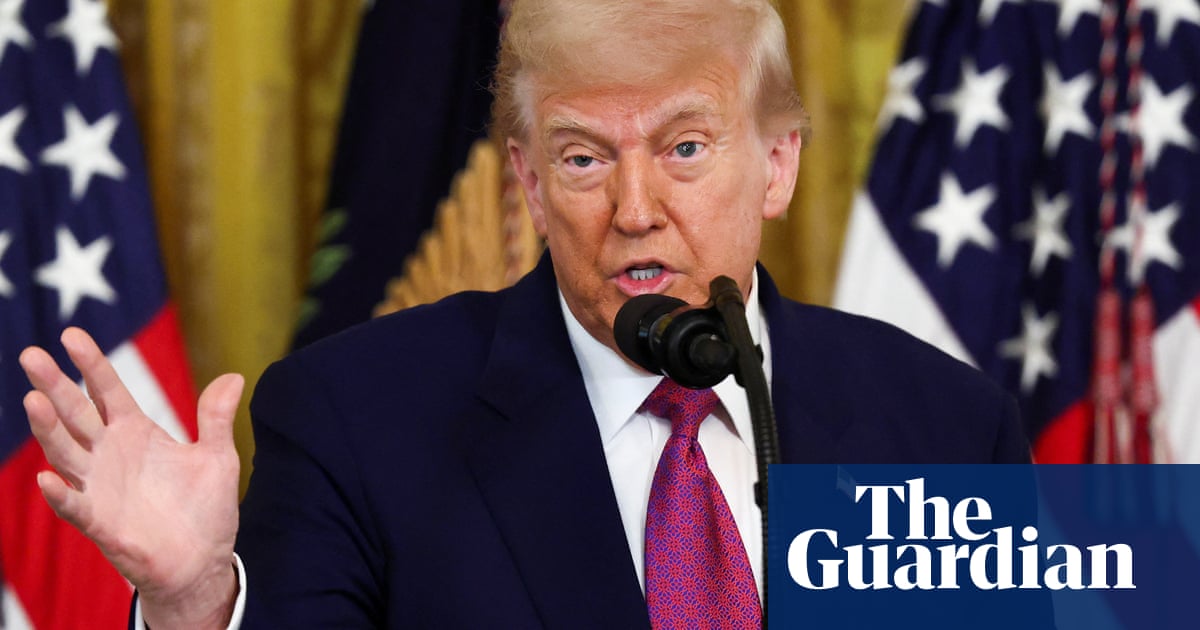Thailand Tightens Cannabis Regulations Amid Growing Concerns

BANGKOK – In a significant policy shift, Thailand has introduced new regulations to curb the widespread use of cannabis, three years after becoming the first Asian country to decriminalize the plant.
Starting Thursday, purchasing cannabis in Thailand requires a doctor’s prescription, a move that effectively limits its use to medical purposes. This decision marks a potential reversal of Thailand’s liberal stance, which has seen a proliferation of cannabis dispensaries and cafes, especially in tourist areas.
Breaking: New Rules for Cannabis Purchases
The announcement comes as Thailand’s Public Health Minister, Somsak Thepsutin, expressed intentions to potentially reclassify cannabis as a narcotic. “This must be clearly understood: cannabis is permitted for medical use only,” he stated in an interview with CNN.
Immediate Impact
Under the new rules, licensed cannabis shops are restricted to selling only to customers with medical prescriptions. These shops must maintain detailed sales records and are subject to regular inspections. The regulations also impose stricter controls on growers and ban commercial advertising.
18,000+ licensed cannabis shops must adapt to new regulations or face closure.
Key Details Emerge
The Health Ministry’s regulations aim to enforce cannabis as a controlled herb, impacting more than 18,000 licensed shops across Thailand. Penalties for non-compliance include up to a year in prison or a fine of 20,000 baht ($620), with proposals to increase these penalties further.
The ban on advertising is expected to alter the landscape of popular tourist spots, such as Bangkok’s Khao San Road and Pattaya’s beaches, where cannabis-themed businesses have thrived.
Industry Response
Some industry participants express concern over the lack of clarity in the law. Ake Khattiyadamrong, a cannabis shop owner, notes, “It’s a real shame — Thailand was one of the first to recognize cannabis benefits, but implementation has been lacking.”
“Everyone knows medical certificates can be bought,” Ake adds, highlighting potential loopholes in the new regulations.
By the Numbers
Thailand’s cannabis industry, initially projected to be worth $1.2 billion by 2025, faces uncertainty due to these regulatory changes. The lack of regulation had previously led to a boom in cannabis-related businesses, attracting tourists and sparking festivals featuring celebrities like Mike Tyson.
What Comes Next
The move represents a significant shift from Thailand’s previous decriminalization, which had positioned the country as a regional leader in cannabis reform. However, the government now seeks to address issues such as unregulated use and smuggling.
Between October 2024 and March 2025, over 800 cannabis smugglers were arrested, with more than nine metric tons of cannabis seized.
Background Context
Since legalizing medical marijuana in 2018, Thailand’s cannabis industry has experienced rapid growth. However, the absence of comprehensive regulations led to a legal vacuum, resulting in widespread recreational use and the emergence of unlicensed businesses.
Efforts to pass legislation regulating the industry have faced political challenges, with the ruling Pheu Thai Party proposing re-criminalization last year, opposed by its coalition partner, the Bhumjaithai Party.
Expert Analysis
Pro-cannabis activist Kitty Chopaka warns that the new regulations may not address underlying issues such as smuggling and unlicensed operations. “This is a knee-jerk reaction,” she argues, emphasizing the need for fair access and sensible rules.
“Without legal control, investment or business operations — no matter the country — must be cautious,” Somsak acknowledges, highlighting the complexity of regulating a burgeoning industry.
Regional Implications
As Thailand navigates these regulatory changes, the implications extend beyond its borders. The joint task force with British authorities to curb smuggling underscores the global impact of Thailand’s cannabis policies.
Meanwhile, industry experts warn that the new rules could disproportionately affect smaller farmers and businesses, potentially leading to increased corruption and economic strain.
Timeline of Events
- 2018: Thailand legalizes medical marijuana.
- 2022: Decriminalization leads to a boom in cannabis businesses.
- 2024-2025: Over 800 smugglers arrested, nine metric tons seized.
- 2025: New regulations require medical prescriptions for cannabis purchases.
The timing is particularly significant as Thailand seeks to balance economic interests with public health concerns. As the government works to implement these changes, the future of Thailand’s cannabis industry remains uncertain.






